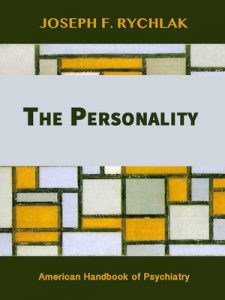It is frequently overlooked that today’s conception of a cause is only one of several used earlier in history. In particular, based upon Aristotle’s theory of knowledge, one could once speak of at least four causes. The first he called the material cause. In describing a chair we can say that we know it is a chair because like most chairs it is made of wood, or metal, or the like. Another cause of the chair is the fact that it was assembled by someone or something (a machine). This Aristotle termed the efficient cause. Chairs also meet our blueprint conceptions of what chairs “look like”. This usage Aristotle termed the formal cause.
Finally Aristotle noted that there is often a purpose in events, a “that for the sake of which” something like a chair is made to come about. The “sake” for which a chair is constructed might be termed “utility” in eating, writing, and so forth. Of course, the chair docs not itself decide to “come about.” It is the human being who obtained the wood (material cause) and made it (efficient cause) into a chair matching his physical requirements (formal cause) so that he might live more comfortably (final cause) who may be said to have a purpose or an intention.
Loading...
